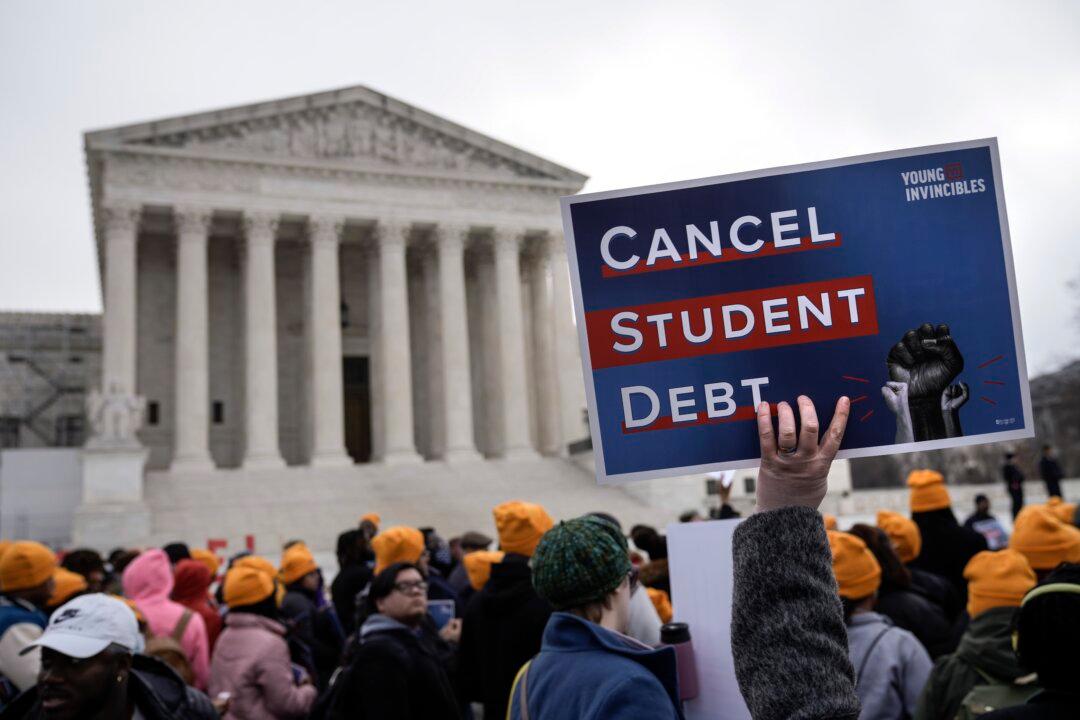Commentary
Earlier this year, the Supreme Court heard oral arguments in two cases that will determine whether President Joe Biden’s plan to forgive student loan debt will go forward. Despite arguments from the left, it’s clear that the president lacks the authority to unilaterally cancel almost a half trillion dollars in debt.

